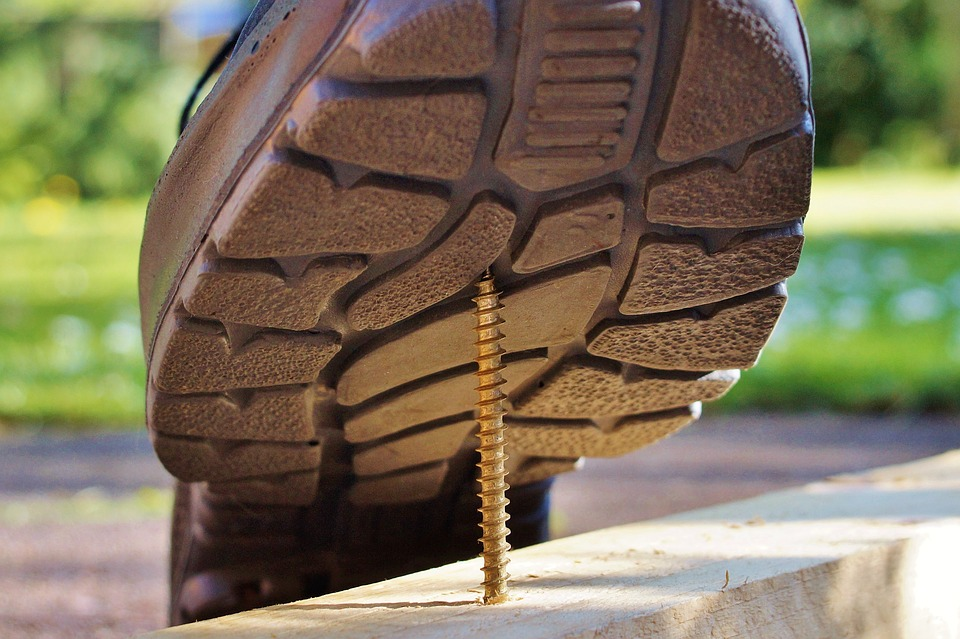We all know how much a serious injury can affect your day-to-day life, and it’s even more so when you’re still recovering from the injury. But if you’ve suffered a serious injury recently, here are some things that you must know as you work to recover and move on with your life!
1. Hire An Attorney
If you are dealing with a personal injury case, you need to have an attorney who will work tirelessly on your behalf. If necessary, hire more than one attorney so that they can compare notes and share information. If you’re in Georgia, a Cumming, GA truck accident lawyer will help you get the compensation you deserve. You will need to find an attorney who is willing to put in the work and understands what you are going through.
2. Keep A Journal
Write down your thoughts and feelings in a journal about what happened to you, how it has changed your life, and the physical and mental challenges that you face. This will help you vent out your emotions while also demonstrating how the injury has affected every facet of your life — including any changes needed in family dynamics (for example, if someone must take care of you). It will also serve as compelling evidence for your legal team and for negotiating with insurance companies.
3. Watch Out For Insurance Companies’ Tricks
Insurance companies want to pay as little as possible when settling personal injury claims because they know full well that injured people often need immediate financial assistance! Their goal is to take advantage of your vulnerability, so try to remain level-headed and don’t let them know about your financial hardship. If you need help making ends meet until you receive a settlement check, consider speaking with an experienced Social Security disability attorney who can help protect your rights now that you are injured.
4. Find Support Mechanisms And Be Accountable For Yourself
Going through this difficult time is hard enough already, but it’s even more stressful if the people around you aren’t helpful or supportive enough. You may have trouble keeping up with all of your day-to-day responsibilities as well as doing some things on your own (a broken leg doesn’t fix itself!). Try joining support groups online or offline where you can talk to others who’ve been through the same thing. It’s also important to have strong family and friends by your side who can help you push through.
5. See A Doctor Regularly
If you are not seeing a doctor regularly, then you could be missing out on exercises that could put you on the road to recovery sooner rather than later. Also, it is important to monitor your symptoms so that your doctor knows what they are dealing with in terms of treatment options available for, say, a head injury or broken bones. You should always see a specialist if necessary instead of letting an emergency room physician make these kinds of decisions about your health.
6. Stay Off The Internet!
It’s all too easy to waste hours reading everything about the accident online-especially if it happened recently. You may even discover some very useful advice or insights into what you should do next, but only after neglecting your responsibilities for way too long. The value of finding helpful information here is worth far less than the time it could take away from you. Resist the temptation completely until your recovery is well underway!
7. Accept That You’re Not Okay
We tend to be impatient and get restless when we’re in pain, but it’s important to accept the fact that you need time to recover. It’s also important to maintain a positive attitude; if you believe that everything will be fine and work towards recovery, then it most likely will! Breathing can help calm your nerves, especially when you’re in the middle of a panic attack or feeling anxious about everything that’s happening to you. Deep breaths can also reduce stress by slowing down your heart rate and keeping you focused on the present instead of ruminating over what could have been done differently in the accident.
Accident victims go through a lot after suffering serious injuries, but this is all part of the process. You will want to come out on top not only by recuperating as best as you can but also by using this experience to grow and become stronger than before. While no one truly enjoys recovery, the journey itself will show you more about yourself and what it truly means to be resilient! These tips will help you stay positive and move forward with your life, knowing that you’re not alone in your journey to recovery!

